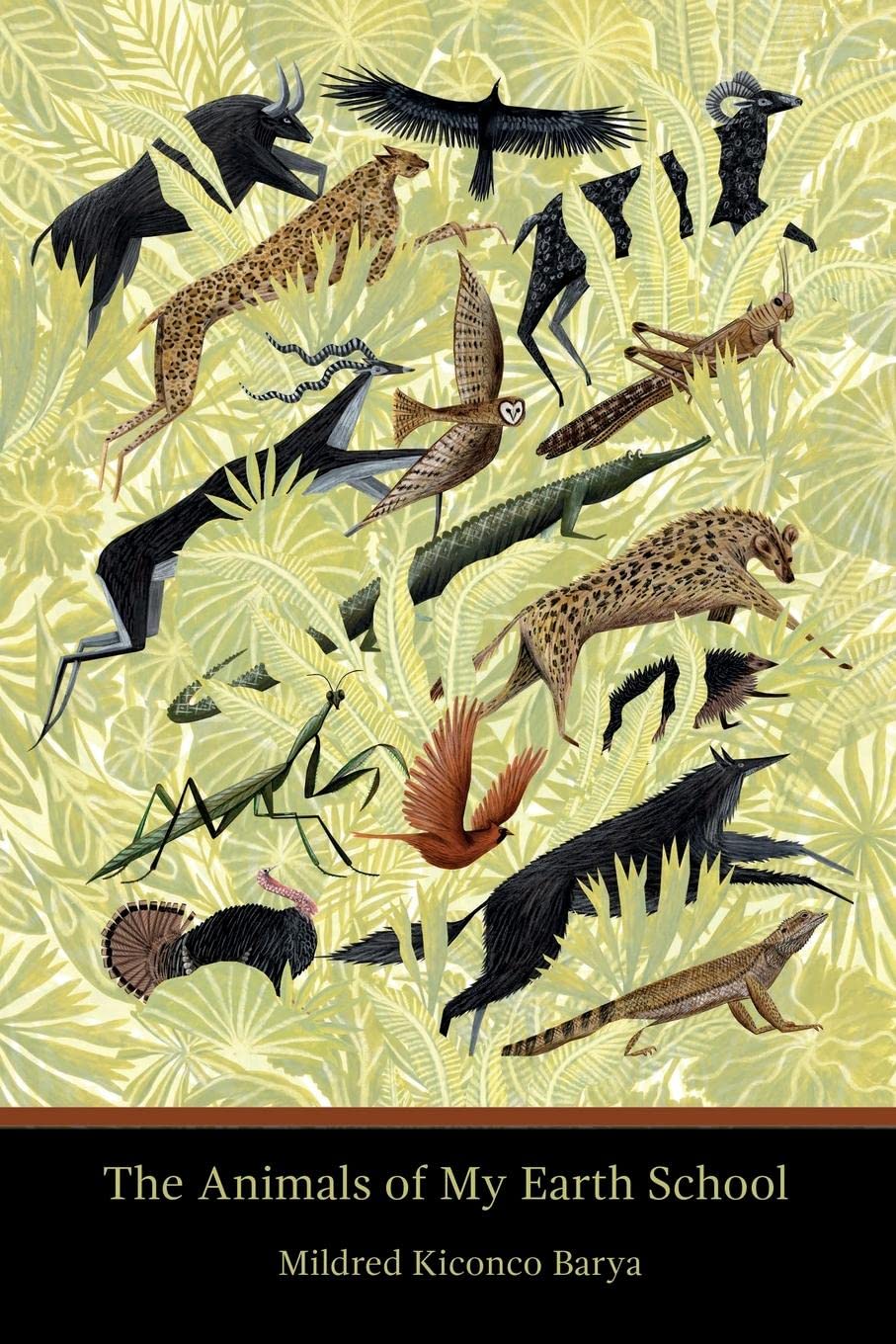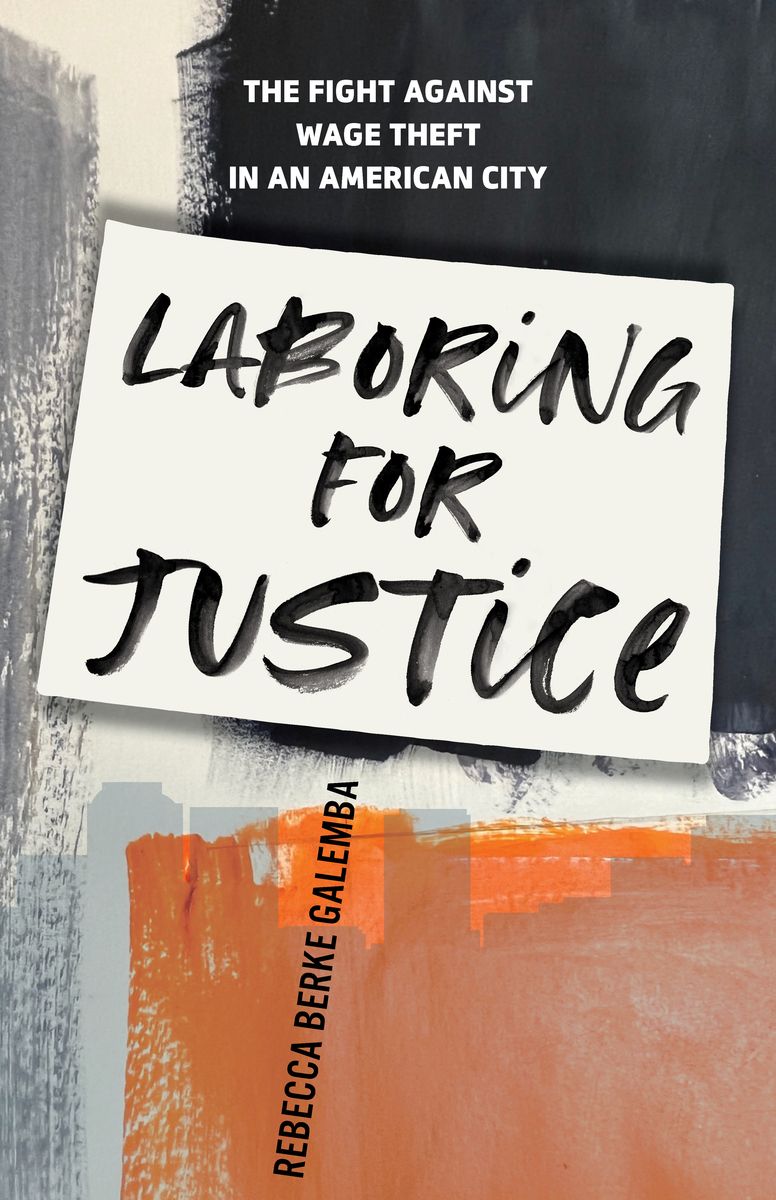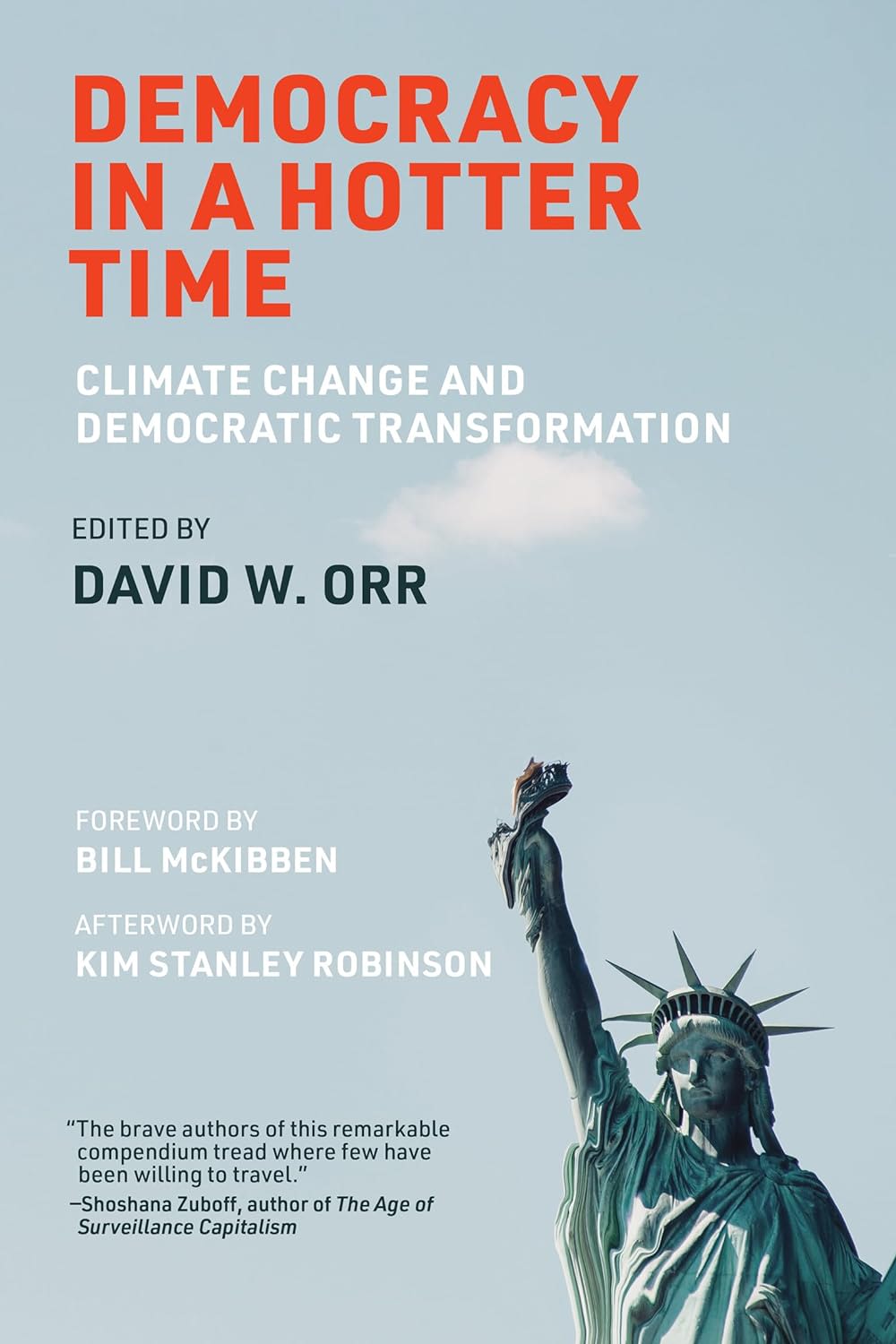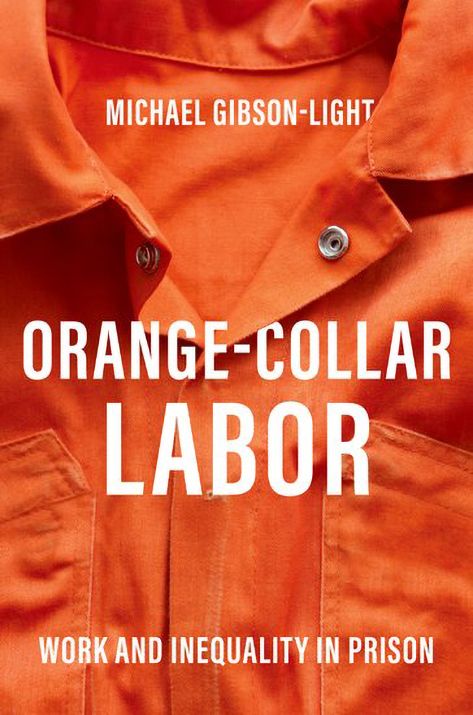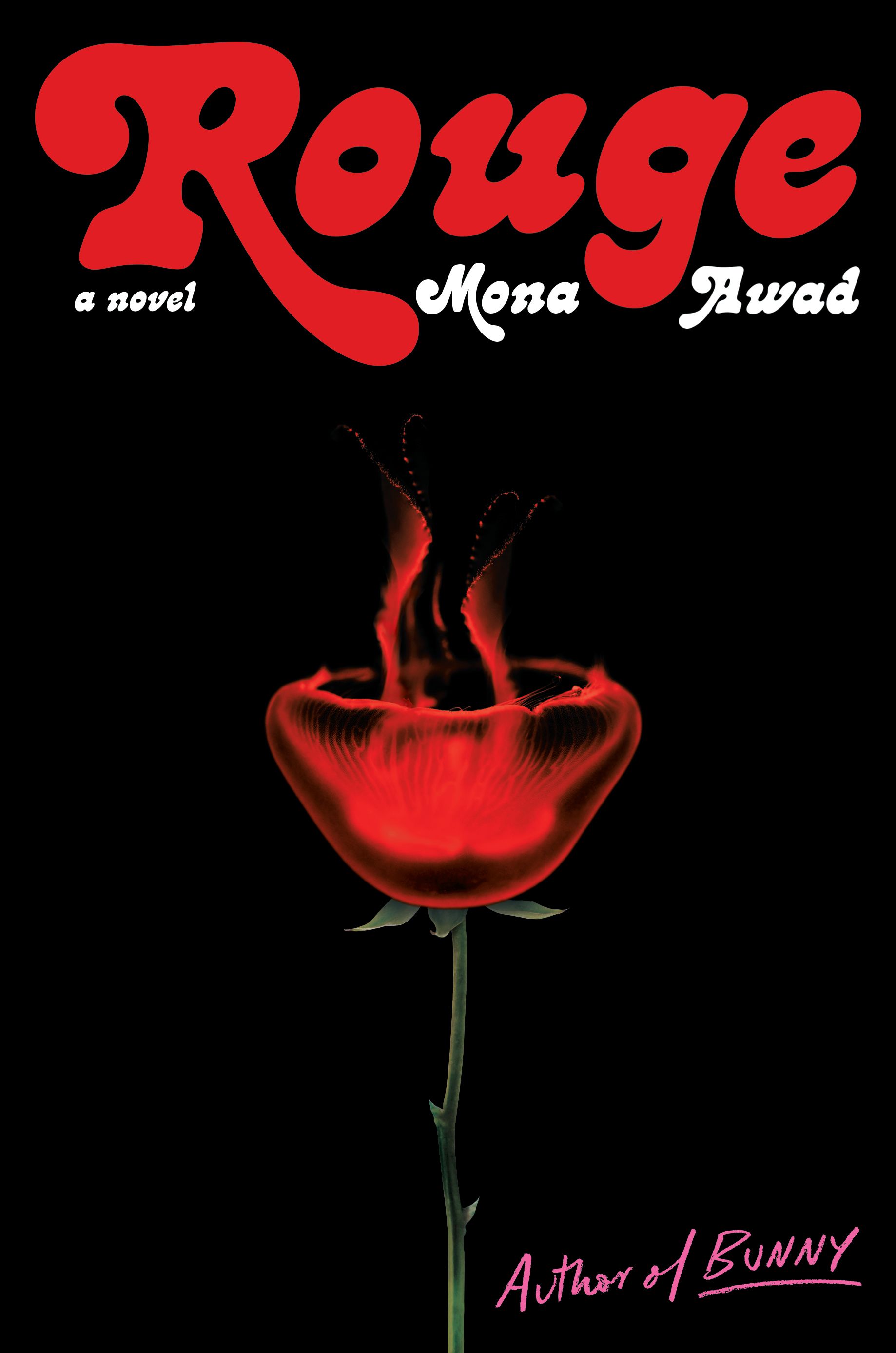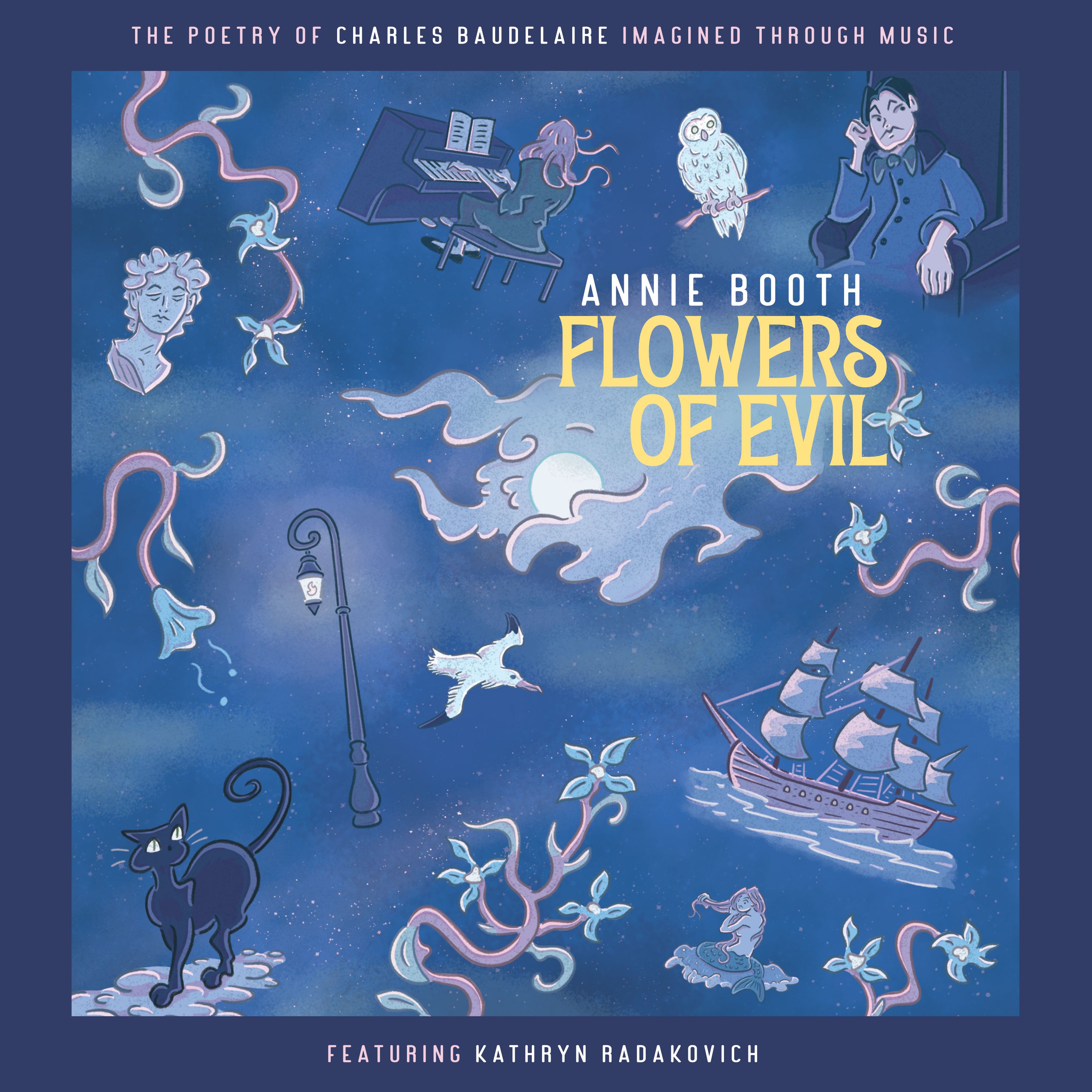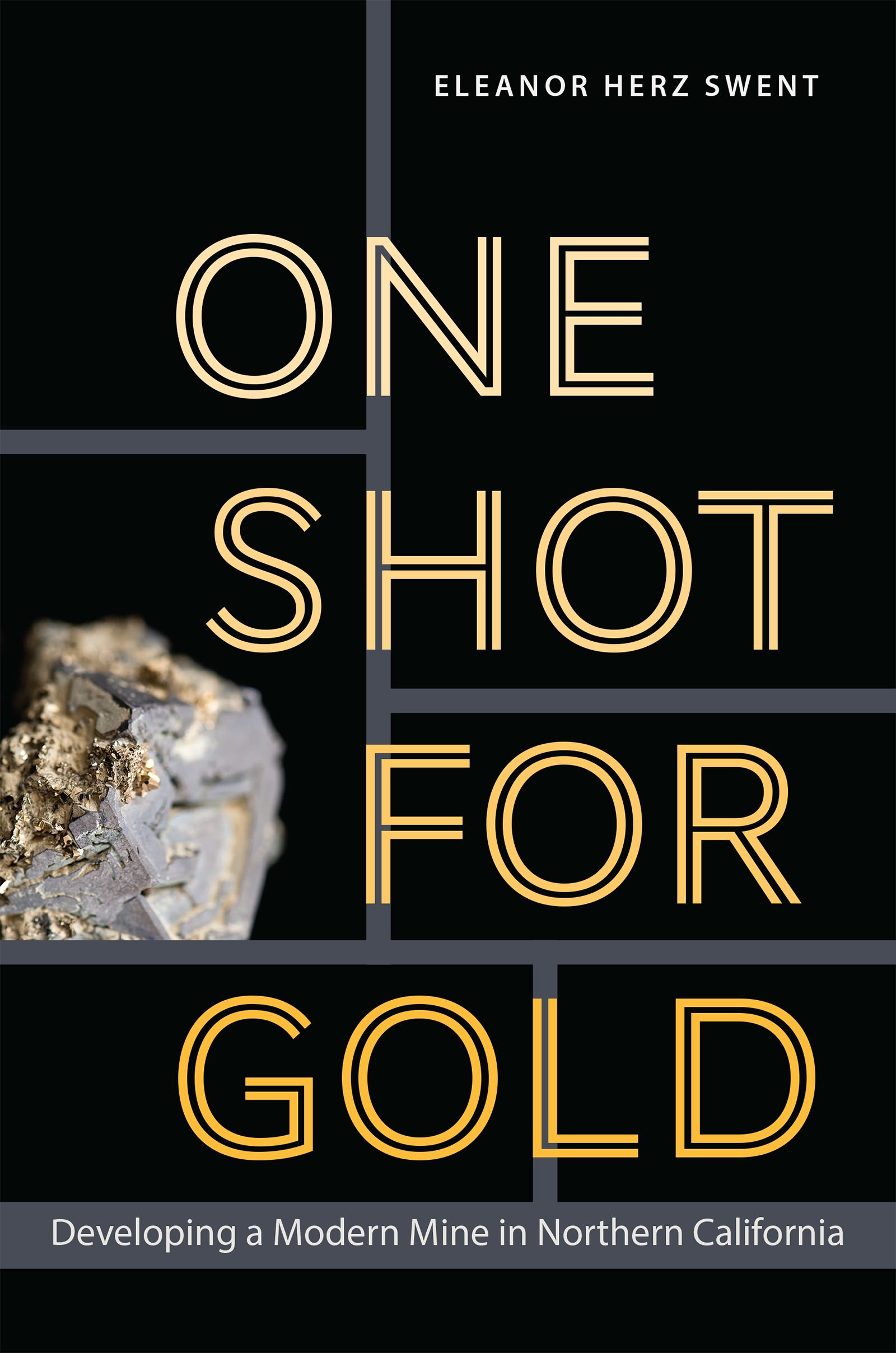New releases reveal creative breadth in word and song
The Animals of My Earth School
Mildred Kiconco Barya (PhD ’16)
This collection of fable-like poems asks readers to consider the complexities of our existence, ranging from the human realm to the humble ladybug. By playing with the threads that weave together our shared experiences, Barya explores how beautiful and cruel life on Earth can be and asks readers to pay mind to the non-human beings that surround us. Born in Uganda, Barya earned her doctorate in English at the University of Denver before moving to North Carolina, where she teaches creative writing and literature at the University of North Carolina-Asheville. Her prose and poems have been featured in a variety of literary publications, and her essay, “Being Here in This Body,” received the 2020 Linda Flowers Literary Award.
Laboring for Justice: The Fight Against Wage Theft in an American City
Rebecca Berke Galemba, Associate Professor, Josef Korbel School of International Studies
Galemba’s anthropological study of wage theft in America magnifies the challenges faced by immigrant day laborers in Denver, where its purple political status has created both welcoming and challenging labor laws for immigrant workers. Drawing upon seven years of research that earned recognition for how she engaged with the local community, Galemba is solutions-focused, documenting the way workers respond to systemic inequality through policy, law and direct action. Advocating for social justice, community partnerships and strategic thinking, “Laboring for Justice” emphasizes the need for resistance and resilience in order to cultivate compassionate change.
Democracy in a Hotter Time: Climate Change and Democratic Transformation
Edited by David W. Orr, featuring Frederick Mayer, Dean of Josef Korbel School of International Studies
Calling itself “the first major book to deal with the dual crises of democracy and climate change as one interrelated threat to the human future,” “Democracy in a Hotter Time” contains essays from academic and environmental heavy hitters like David W. Orr (editor), Bill McKibben and Fritz Mayer, dean of the Josef Korbel School of International Studies and author of Chapter 7, “Could a Global Climate Revolution Save the Planet (and Democracy)?”
Orange-Collar Labor: Work and Inequality in Prison
Michael Gibson-Light, Assistant Professor, College of Arts, Humanities and Social Sciences
Awarded the 2023 Distinguished Scholarly Book Award by the American Sociological Association, “Orange-Collar Labor” represents findings following 18 months of ethnographic observations and 80 interviews with incarcerated men and staff members to document and define a distinctive labor class in the United States. Gibson-Light argues that “by illustrating moments of struggle and suffering, as well as perseverance, cooperation, and sometimes playfulness in their accounts, this book seeks to pay tribute to the enduring humanity of these orange-collar laborers so often obscured from public and scholarly view.”
Mona Awad (PhD ’18)
The alumna who brought us the beguiling “Bunny” presents another immersive tale. Satirically brooding, “Rouge” takes readers on a spellbinding journey through the sinister side of beauty in a novel described as a “Grimm Brothers fairy tale for the modern age.” “Rouge” is a haunting exploration of relationships and wellness culture that walks in the footsteps of its protagonist’s harrowing journey as she enters the demonic depths of a cultish spa following her estranged mother’s mysterious death. “Rouge” has earned esteem as a national bestseller and a USA TODAY bestseller, as well as a New York Times Editors’ Choice. Shrouded in symbolism and written with a surreal, storybook cadence, Awad dares readers to look beyond the surface of human desire and wonder what price is too high to pay in pursuit of youth and beauty.
Flowers of Evil
Annie Booth, Adjunct Faculty, Lamont School of Music
Award-winning composer, arranger and pianist Annie Booth isn’t afraid to blend musical genres like an impressionist masterpiece. Her latest album features an 11-piece ensemble that fuses together jazz, chamber music and art song (a Western vocal musical genre that relies on a poem or singular text). “Flowers of Evil” is based off the work of 19th century poet Charles Pierre Baudelaire, whose French poetry is known for its dark observations of life. Booth recently headlined at the 2023 Telluride Jazz Festival and the 2023 Five Points Jazz Festival and completed a 15-show residency at Dazzle Jazz Club (see pg. 12 for more on DU’s connections with Denver’s jazz clubs).
One Shot for Gold
Eleanor H. Swent (MA ’47)
Awarded the 2023 Clark Spence award by the Mining History Association, Swent uses oral histories she recorded with miners, planners, school superintendents, merchants, ranchers and even vocal mine opponents to tell the story of California’s most productive gold mine during the 20th century. Later used as a model for reclamation practices, McLaughlin Mine produced 3.4 million ounces of gold from 1985 to 2002.
Originally from a mining community in Lead, South Dakota, Swent’s studies at the University of Denver were instrumental in her development as a writer. While working as a teaching assistant for a remedial English class in the 1940s, Swent was in a writing workshop of Alan Swallow (former DU professor, editor of the University of Denver Press and founder of DU’s creative writing program), where, she recalls, “There was a vibe of creativity and enthusiasm for the West.”
